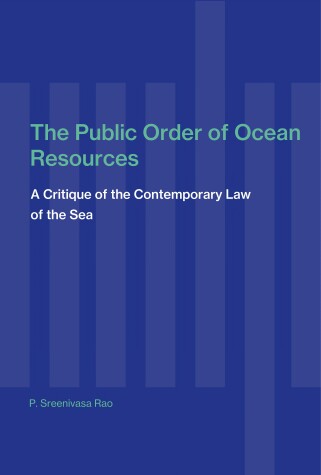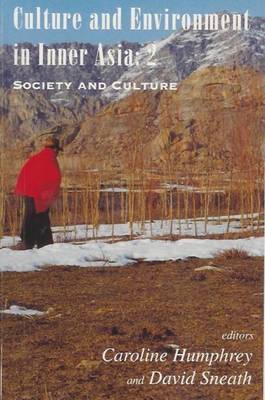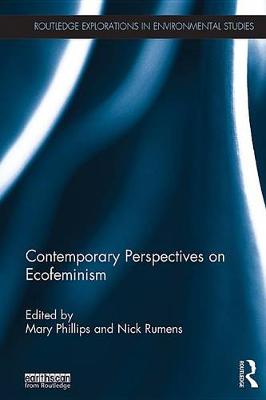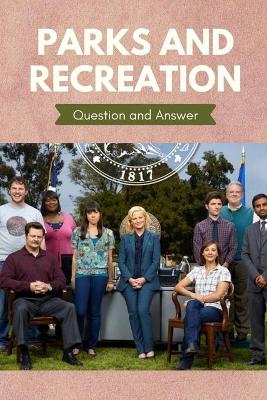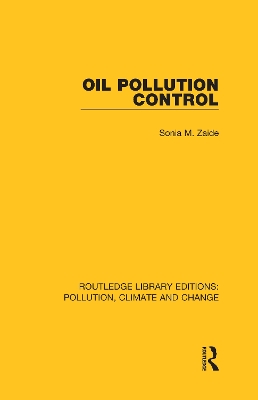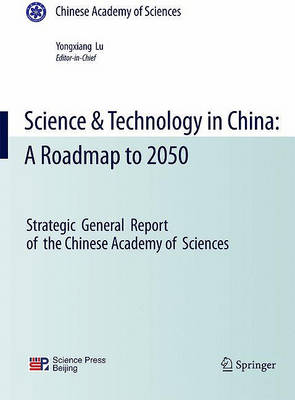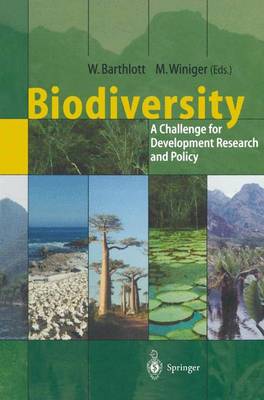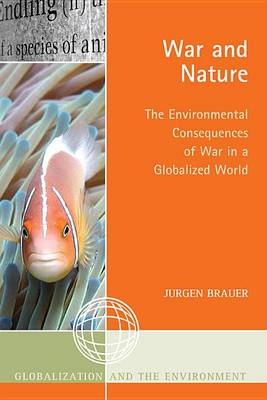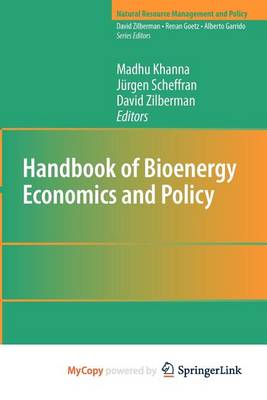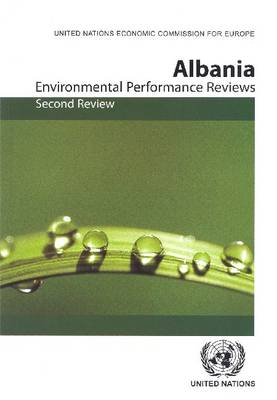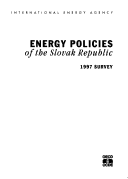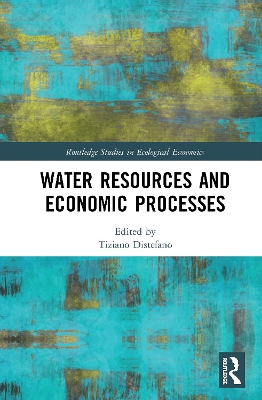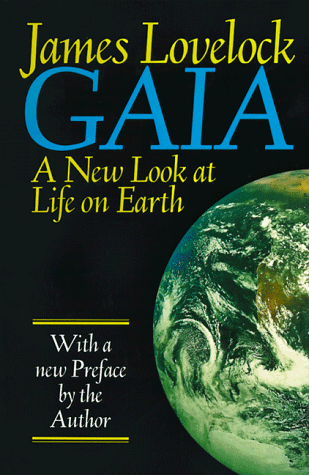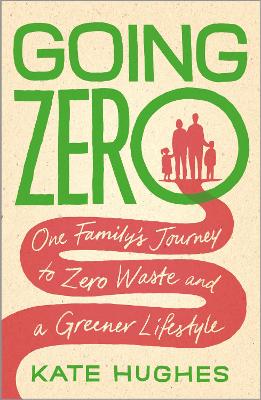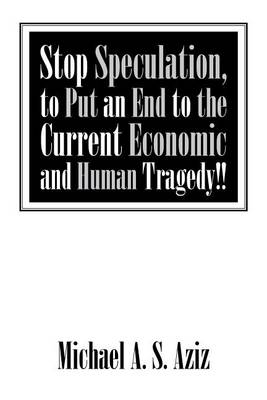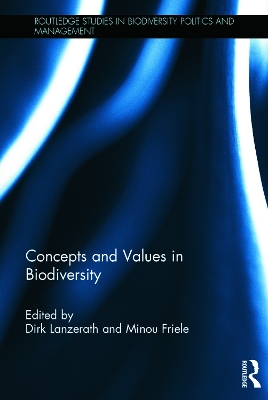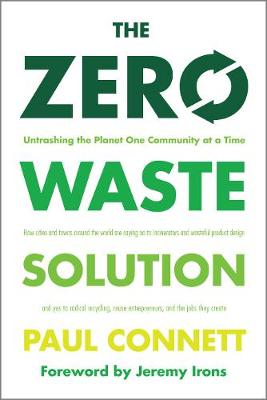The Economics of Biological Invasions
Biological invasions - the introduction of living organisms beyond their original range - are one of the main drivers of biodiversity loss. They are a major threat to human health and a source of pests and pathogens in the world's farms, forests and fisheries. The growth of international trade and travel means that more species are being introduced to more places than ever before. This book represents the first concerted effort to understand the economic causes and consequences of biological...
Culture and Environment in Inner Asia
Complementing The Pastoral Economy and the Environment, this volume examines the great social change experienced throughout the region following the demise of the Soviet Union, the advent of democracy in Russia and the economic reforms in China. Its contents include an examination of social attitudes regarding the environment, education, employment and unemployment, the effect of privatization policies, women's work, and traditional pastoral practice and relationship with the environment of the...
DEFINITE (Environment and Management, v. 3)
by Ron Janssen and Marjan van Herwijnen
DEFINITE is a decision-support software package that aims to improve the quality of environmental decision making since it: structures the decision process; makes full use of available information; provides a rational, responsible and justifiable decision that is open for external review; and allows the exploration of all the options by the use of "what if?" scenarios. DEFINITE is a toolkit of methods that can be used on a variety of problems. If there is a problem to be solved and alternative s...
Contemporary Perspectives on Ecofeminism (Routledge Explorations in Environmental Studies)
Why is ecofeminism still needed to address the environmental emergencies and challenges of our times? Ecofeminism has a chequered history in terms of its popularity and its perceived value in conceptualizing the relationship between gender and nature as well as feeding forms of activism that aim to confront the environmental challenges of the moment. This book provides a much-needed comprehensive overview of the relevance and value of using eco-feminist theories. It gives a broad coverage of tr...
Oil pollution has been a major environmental concern since the 1920s. The search for a solution has ranged from prevention to partial measures coupled with compensation and remedial action. This book, originally published in 1987, offers a different assessment of the efforts of governments and the oil and maritime industries. It was also the first book to provide a comprehensive story of control policies and practices, using primary and secondary sources. The book identified numerous factor – pe...
Science & Technology in China
China s modernization is viewed as a transformative revolution in the human history of modernization. As such, the Chinese Academy of Sciences (CAS) decided to give higher priority to the research on the science and technology (S&T) roadmap for priority areas in China s modernization process. What is the purpose? And why is it? Is it a must? I think those are substantial and signifcant questions to start things forward. Significance of the Research on China s S&T Roadmap to 2050 We are aware tha...
Advances in Solar Energy (Advances in Solar Energy (Earthscan Publications), #18) (Advances in Solar Energy)
by D. Yogi Goswami
'Essential for any serious technical library' PROFESSOR MARTIN GREEN, UNIVERSITY OF NEW SOUTHWALES, AUSTRALIA 'Valuable, detailed information that helps me plan for the future' DON OSBORN, FORMERLY OF SACRAMENTO MUNICIPAL UTILITY DISTRICT The Advances in Solar Energy series offers state-of-the-art information on all primary renewable energy technologies, including solar, wind and biomass, bringing together invited contributions from the foremost international experts in renewable energy. Spanni...
Biodiversity, sometimes simply understood as "diversity of species", is a specific quality of life on our planet, the dimensions and importance of which have just lately been fully realized. Today we know that "biological diversity is a global asset of incalculable value to present and future generations" (Kofi Annan). Biodiversity is spread unequally over the world: in fact, the main share of biological resources worldwide is harboured predominantly by the so-called developing countries in the...
War and Nature (Globalization and the Environment)
by Professor of Economics Jurgen Brauer
Health and Animal Agriculture in Developing Countries (Natural Resource Management and Policy, #36)
This book provides an overview of the state of animal agriculture and present methodologies and proposals to develop policies that result in sustainable and profitable animal production that will protect human and environmental health, enhance livelihood of smallholders and meet consumer needs. The book combines lessons of the past, factual foundation to understand the present, analytical tools to design and improve policies, case studies that provide both empirical grounding and applications of...
The present publication takes stock of the progress made by Albania in the management of its environment since the country was first reviewed in 2002. It assesses the implementation of the recommendations contained in the first review. This second Environmental Performance Review also covers 10 issues of importance to Albania related to policymaking, planning and implementation, the financing of environmental policies and projects and the integration of environmental concerns into economic secto...
Global Energy Transformation: Four Necessary Steps to Make Clean Energy the Next Success Story
by Mats Larsson
Energy policies of the Slovak Republic
Water Resources and Economic Processes (Routledge Studies in Ecological Economics)
Water exploitation has increased notably in the world during the last 250 years since the onset of industrialisation. The relationships between economic processes and water use are complex and include many interwoven drivers such as: technological development, dietary choices and food production, climate change, demographic change, and policy reforms, among others. Ensuring food, water, and energy for the growing population remains a common global challenge. Taking on a multi- and inter-discipl...
Cost-Benefit Analysis and the Environment
by Professor David W Pearce, Giles Atkinson, and Susana Mourato
In this classic work that continues to inspire its many readers, Jim Lovelock puts forward his idea that the life of earth functions as a single organism. Written for non-scientists, Gaia is a journey through time and space in search of evidence with which to support a new and radically different model of our planet. In contrast to the conventional belief that living matter is passive in the face of threats to its existence, the book explores the hypothesis that the Earth's living matter - air,...
Stop Speculation, to Put an End to the Current Economic and Human Tragedy!!
by Michael A S Aziz
Concepts and Values in Biodiversity (Routledge Studies in Biodiversity Politics and Management)
Biodiversity may refer to the diversity of genes, species or ecosystems in general. These varying concepts of biodiversity occasionally lead to conflicts among researchers and policy makers, as each of them require a customized type of protection strategy. This book addresses the questions surrounding the merits of conserving an existing situation, evolutionary development or the intentional substitution of one genome, species or ecosystem for another. Any practical steps towards the protection...
Waste is something we all make every day but often pay little attention to. That's changing, and model programs around the globe show the many different ways a community can strive for, and achieve, zero-waste status. Scientist-turned-activist Paul Connett, a leading international figure in decades-long battles to fight pollution, has championed efforts to curtail overconsumption and keep industrial toxins out of our air and drinking water and bodies. But he's best known around the world for l...
